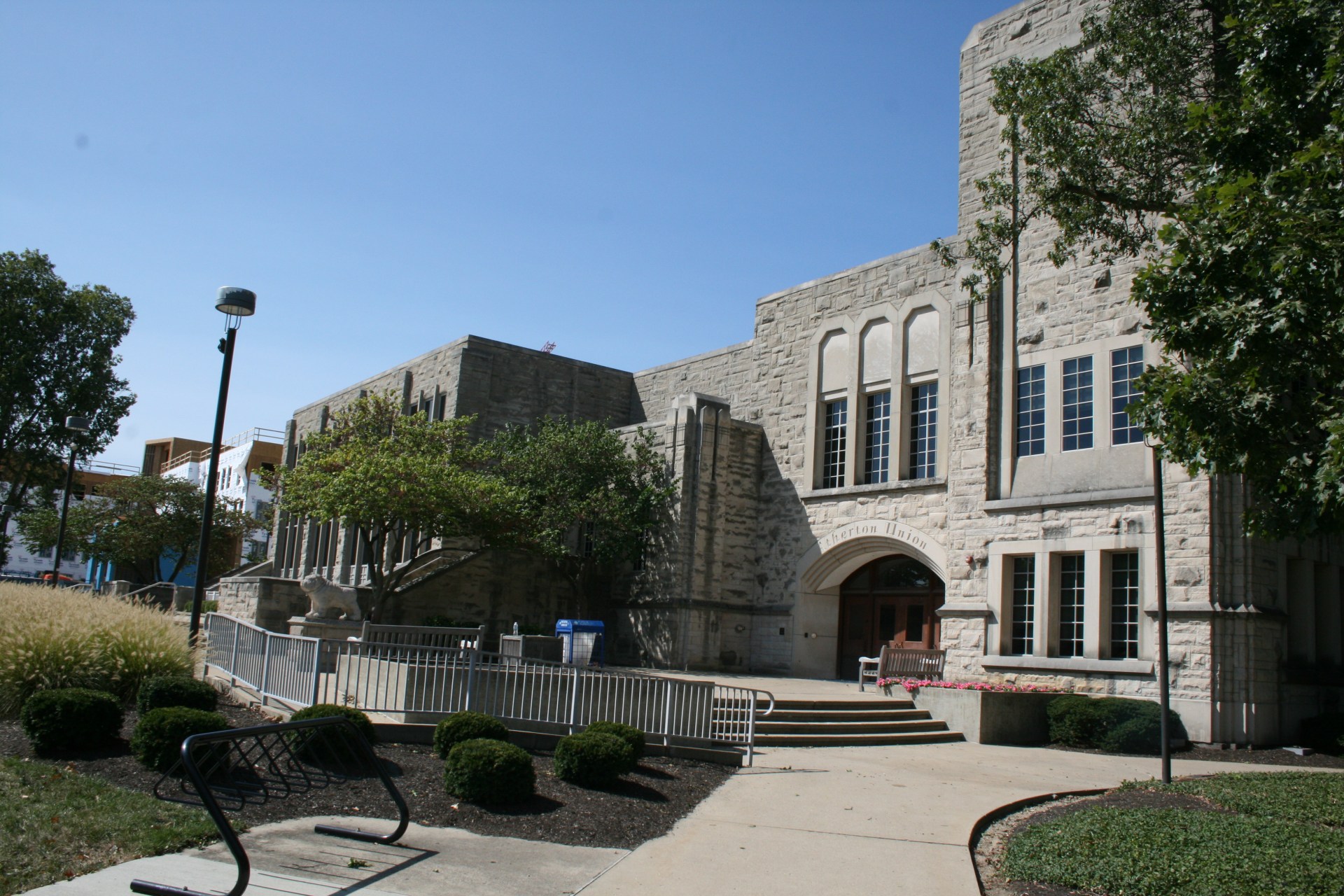Collegian file photo.
ELLIE ALLEN | STAFF REPORTER | emallen2@butler.edu
Butler University is offering a new Indianapolis Community Requirement course for the 2019 spring semester. The class, known as Music First! Engaging Student Scientists in Community-Based Research, is two credit hours and involves students creating individualized playlists for nursing home residents.
The class combines neuroscience and music as students study the results of the playlists on elderly dementia patients. Students will also have the chance to form relationships with the patients and give back to the Indianapolis community.
This course is open to all students. Students do not have to be music, communication sciences and disorders or psychology majors to take the class. All grade levels are welcome.
There will be two instructors leading this course: Tonya Bergeson-Dana and Tara Lineweaver. Bergeson-Dana, who is a CSD professor, said music can have a large impact on dementia patients.
“The idea is that we have these musical memories from our youth that are linked to emotional events,” Bergeson-Dana said. “These adults who have dementia sometimes will listen to a song, and it will open the floodgates, and they will remember a moment in their lives.”
Bergeson-Dana said she recommends students sign up for the course because it will allow them to have a one-of-a-kind experience.
“Personally, I think this is a fantastic opportunity to develop skills as a student-scientist and also interact with a population they may not otherwise have thought about interacting with,” Bergeson-Dana said. “Students in our past classes have come away with these really rewarding experiences.”
Bergeson-Dana and Lineweaver previously worked together in a Natural World class, and both professors saw the effects the study had on students. Lineweaver, a psychology professor, said she would also highly recommend this course to students because it offers many benefits.
“There are great opportunities for growth,” Lineweaver said. “It is a really hands-on, experiential way to learn about the value of science and the value of service in the community.”
Lineweaver also said she appreciated watching her students make connections and giving back to the community.
“I really enjoyed getting the students involved in both service to the community and the research we were doing,” Lineweaver said. “We really enjoyed seeing how the students connected to older adults in the community.”
This course was previously taught as a Natural World requirement known as Neuromusic Experience but has been reinvented to give students ICR credit.
Keegan Sawin, a sophomore psychology major, said she would encourage students to take this course because when she studied the effects music had on dementia, it was beneficial for her.
“It puts down a good foundation for student research,” Sawin said. “It really got you out and interacting with people, not in a forced way, but in a very applicable way.”
Sawin said she had the chance to connect to patients like an elderly couple who entered the study together.
“It was neat to be able to not only see into one person, but to see into two people and their lives together,” Sawin said, “And to see how each of their own individual playlists affected them not independently but co-dependently.”
Another student who was involved with research, Mikala Lain, a junior psychology major, said her work with this study inspired her to continue researching.
“I fell in love with my residents,” Lain said. “I ended up doing an independent study and then directed research, and I will be continuing on for the next couple of years.”
Lain also said her research has helped her better understand her grandmother’s dementia.
“My grandma has shown dementia symptoms for a long time,” Lain said. “I was able to take what I learned from this experience and apply it to my own life.”
Enrollment for next semester is currently open on My.Butler, with the last scheduled enrollment date on Nov. 8.




Sparking those musical memories can do a world of good for people with Alzheimer’s. There is a lot of science behind this and it could be applied to more for daily care. LifeSongs recordable books are a personalized and useful tool. Order them on Amazon or LifeSongs. info